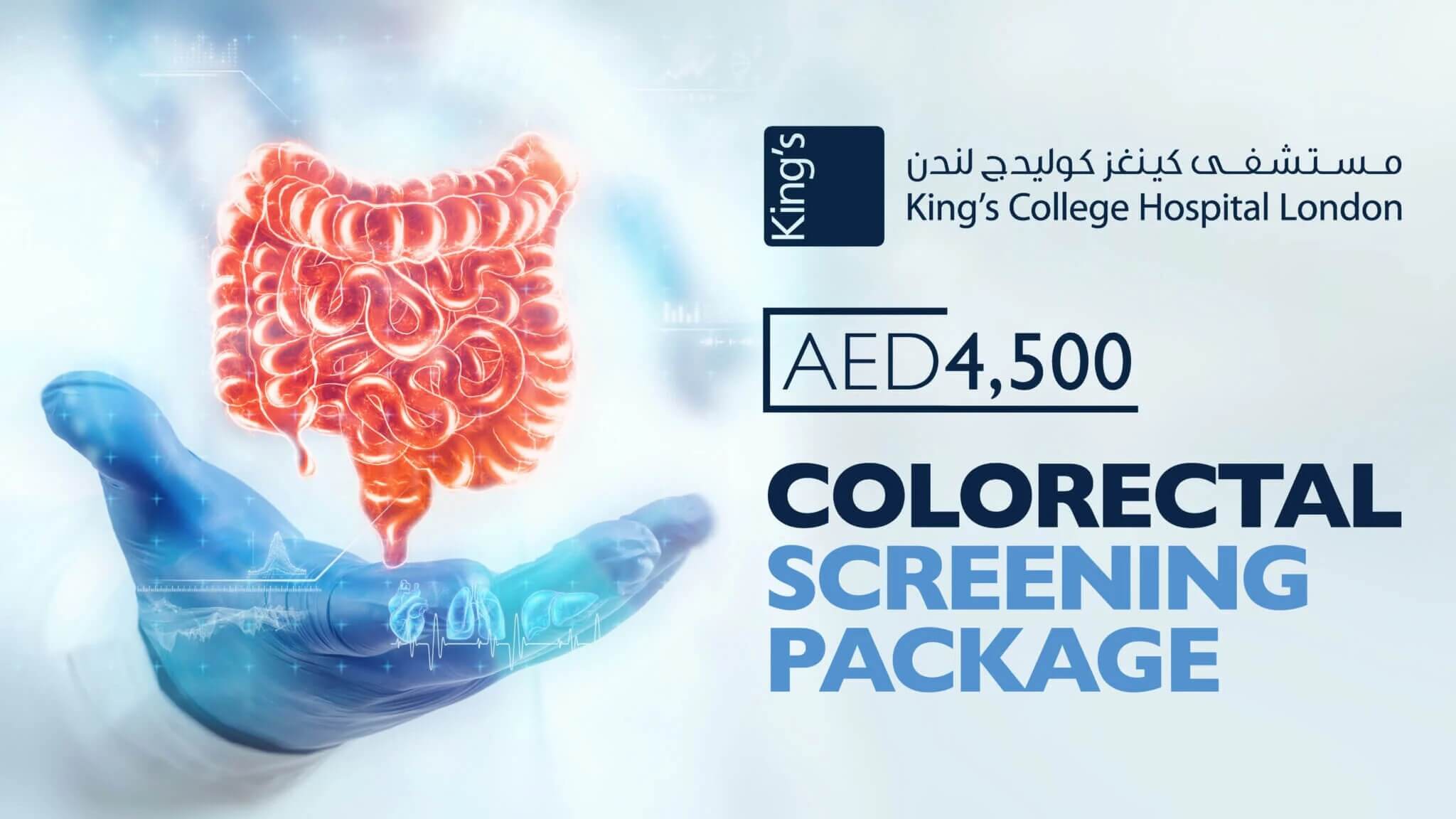
What is a colonoscopy?
A colonoscopy is a simple procedure which allows your Doctor to examine the rectum and the colon. The procedure involves the insertion of a long and flexible tube attached to a camera (colonoscope), into the rectum. The tiny camera allows the doctor to see inside the colon and to detect any abnormalities. Also, if necessary, tissue samples of the colon (biopsy) can be taken during the procedure for analysis.
Why Would You Need a Colonoscopy?
Some of the principal reasons for having a colonoscopy include:
- Intestinal signs and symptoms like persistent abdominal pain, rectal bleeding, chronic constipation or chronic diarrhea.
- Personal or family history of colorectal cancer or polyps.
- Chronic anemia.
- Personal or family history of intestinal inflammatory disease, like Crohn’s disease or ulcerative colitis.
- Positive stool test for blood or inflammation.
- Unexplained weight loss.
What Does a Colonoscopy Involve?
Before the Procedure
After the doctor explains the reasons and the steps of your procedure, you will be asked to take a cleansing bowel formula (a laxative) at home the day before.
During the Procedure
The colonoscopy procedure is done in an endoscopy room. You will be given sedative anesthesia in order to avoid any pain or discomfort. The doctor will ask you to lay on your side and with your knees drawn toward your chest in the bed. The colonoscope is now inserted in the rectum. The camera allows the doctor to see any abnormality in your colon and take a tissue sample or remove it completely if possible. The entire procedure usually takes around 30 minutes.
After the Procedure
Usually, the procedure is performed on an outpatient basis and you can go home after fully recovering from the sedation. Coming back to work will be possible the next day after the procedure.
Colonoscopy is a safe procedure with minimal complications and risk rate.
Learn more about Colonoscopy & King’s Colorectal Cancer Screening Programme
-> Back to COLORECTAL SURGERY — PROCTOLOGY
Faqs
الأسئلة الأكثر شيوعا
The early stages of colon cancer often do not have symptoms, hence the reason why preventive screening is important. When a doctor finds pre-cancerous growths called polyps during a colonoscopy, it is easy for the polyps to be removed. This greatly lowers the risk of developing colon cancer.
Symptoms of colon cancer include anemia, rectal bleeding, a change in bowel habits, abdominal pain, and weight loss; although these symptoms are also common for other illnesses. When the symptoms are caused by cancer, the illness may be in a late stage.
There are five types of polyps and two types of polyp shapes. Your doctor will explain more about them to you.
In general, a colon or rectal polyp is considered defiant or complex if it meets any of the following criteria:
- Size, greater than 2 centimeters
- Located in a difficult area or is too flat (sessile) to be removed during a standard colonoscopy
- When the physician performing the colonoscopy does not feel they can safely remove the polyp/s and refer you to a specialist
If the complex polyp is benign, then the patient may choose non-surgical removal instead of surgery.
It is recommended that adults above the age of 50 or even earlier if there is a family history of the disease should be screened.
You will receive conscious sedation, meaning that an intravenous line will be placed and medications are given intravenously. This should make you comfortable during the procedure.
The procedure itself normally takes between 15-60 minutes, but you should plan to spend about 2-3 hours total to account for preparation, waiting, and recovery.
This procedure is not recommended in patients who are 75 years or older, pregnant patients, patients with limited life expectancy, or patients who have severe medical problems which would make them a high risk for sedation.
ЗАПИСАТЬСЯ НА ПРИЕМ
